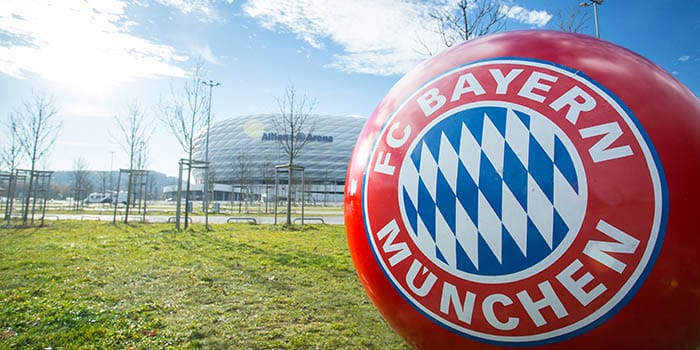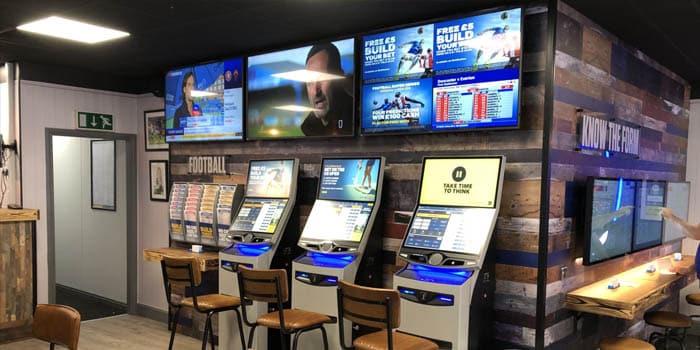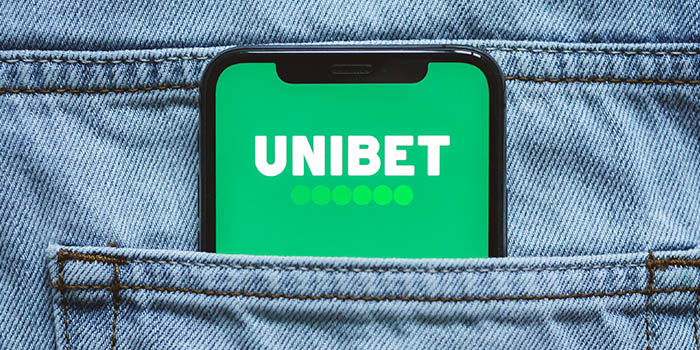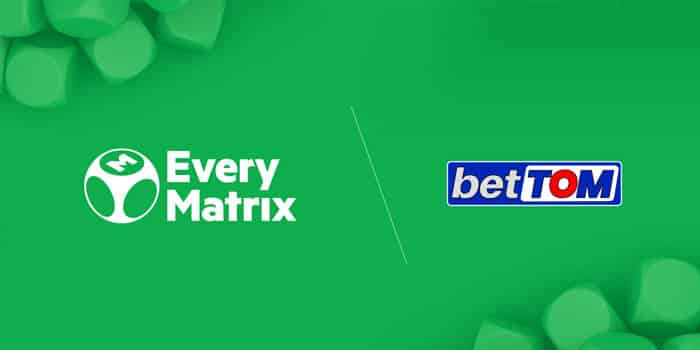- Casino
- By State
- Alabama
- Alaska
- Arizona
- Arkansas
- California
- Colorado
- Connecticut
- Delaware
- Georgia
- Florida
- Hawaii
- Idaho
- Illinois
- Indiana
- Iowa
- Kansas
- Kentucky
- Louisiana
- Maine
- Massachusetts
- Maryland
- Michigan
- Minnesota
- Mississippi
- Missouri
- Montana
- Nebraska
- Nevada
- New Hampshire
- New Jersey
- New Mexico
- New York
- North Carolina
- North Dakota
- Ohio
- Oklahoma
- Oregon
- Pennsylvania
- Rhode Island
- South Carolina
- South Dakota
- Tennessee
- Texas
- Utah
- Vermont
- Virginia
- Washington
- West Virginia
- Wisconsin
- Wyoming
- By State
- Slots
- Poker
- Sports
- Esports
Fact-checked by Velimir Velichkov
Meta Accused of Running Illegal Loot Box Ads in Belgium
According to beClaws researcher Leon Y. Xiao, Meta has been paid by 172 mobile gaming companies to advertise loot boxes, which Belgium classifies as gambling

Meta, the tech giant behind Facebook and Instagram, has been paid by 172 mobile gaming companies to run advertisements promoting game features that Belgium classifies as gambling.
The respective features, commonly called “loot boxes,” give random virtual rewards to players for the purpose of enhancing their gameplay. The information was announced by beClaws research group member Leon Y. Xiao at the start of the week.
Last month, a couple in Belgium filed a complaint against Riot Games, the company behind League of Legends, accusing it of offering paid loot boxes despite Belgium’s strict rules.
80% of Mobile Games Feature Loot Boxes
Since they frequently require real money purchases, these in-game mechanics have sparked controversy due to their similarities to gambling.
The revelation came from Leon Y. Xiao, a researcher with the beClaws group, who disclosed the findings on Monday.
According to a 2022 beClaws study, 80% of mobile games included loot boxes. This means young players are constantly exposed to gambling-like mechanics since many of these games specifically target children and teenagers.
Automatically, the potential for fostering gambling habits at an early age has been thrown in the spotlight, with researchers suggesting a link between exposure to gambling while playing video games and a heightened risk of developing problematic gambling behaviors later in life.
Belgium’s Firm Stance on Loot Boxes
Belgium has strongly opposed these mechanisms and became one of the first countries to regulate them.
Accordingly, under Belgian law, game developers must obtain a license to include loot boxes in their titles. Nonetheless, the Gambling Commission rarely issues these types of licenses, which means the practice is deemed illegal in the country.
A new investigation by beClaws has revealed that the problem has not vanished, with 82% of mobile game developers continuing to use loot boxes and leveraging platforms like Meta to promote them.
An in-depth review of 1,574 advertisements found that these in-game purchases were displayed to Belgian users 4.5 million times.
Alarmingly, 1.26 million of these views came from individuals under the age of 21, a demographic particularly vulnerable to gambling risks.
“Popular games like ‘Genshin Impact’ and ‘Brawl Stars,’ especially favored by young children, are involved,” noted beClaw’s Xiao.
Among the most widely seen advertisements was one for “Harry Potter: Puzzles & Spells,” which reached nearly 400,000 views in Belgium alone.
In addition to violating Belgian gambling laws, the report underscores the fact that advertising these mechanics is also illegal.
“This illegal advertising for illicit gambling games is a separate offense from offering illegal gambling games,” concluded Xiao.
Last month, Blizzard Entertainment announced Overwatch 3 would reintroduce the controversial loot boxes. The mechanic was not part of the second entry of the popular franchise.
Also, in February, the monthly peer-reviewed academic journal Computers in Human Behavior published a study on the effects of loot boxes on the mental health of video gamers, suggesting links between gambling-related problems and loot boxes.
Related Topics:
After finishing her master's in publishing and writing, Melanie began her career as an online editor for a large gaming blog and has now transitioned over towards the iGaming industry. She helps to ensure that our news pieces are written to the highest standard possible under the guidance of senior management.
Must Read
Industry
June 27, 2025
Las Vegas Sphere Bashed for Charging $170 for Pizza
Industry
June 30, 2025
New Zealand Presses On with iGaming Legislation
More Articles

















